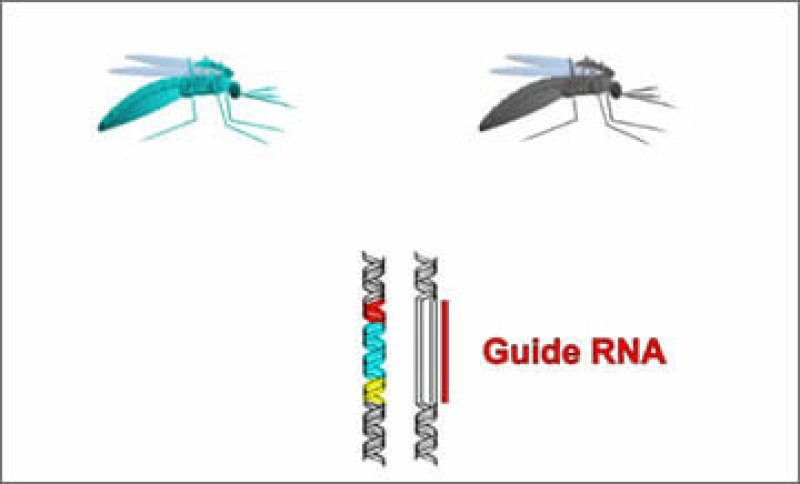Scientists working at the cutting-edge of genetics say one possible application of a powerful new technology called genome editing has the potential to cause ecological mayhem and needs attention from regulators.
The technique, referred to as a “gene drive,” would cause chosen genes, including man-made ones, to quickly spread through a species as its members reproduce. While gene drives may have commercial and public health uses, 10 scientists published an editorial today in the journal Science calling for more public discussion, and also more scrutiny by regulators.
Usually, the chance of a gene being passed on to offspring is 50 percent, but it’s possible to engineer an organism’s chromosomes to alter those odds. Researchers have already used the idea to design mosquitoes that only make male offspring, with the idea of releasing them in the wild to cause a population crash, thereby reducing malaria. The technology has also been contemplated as a way to spread genes that would make weeds more susceptible to herbicides like RoundUp. Ironically, some weeds have become resistant to the chemical because it is sprayed heavily on crops that had themselves been genetically engineered to resist the spray.
According to the authors of the editorial, who include Kenneth Oye, a political scientist at MIT, as well as James Collins, an expert in genetic engineering at Arizona State University, “gene drives present environmental and security challenges.”
Read the full, original story: Protect society from our inventions, say genome-editing scientists































